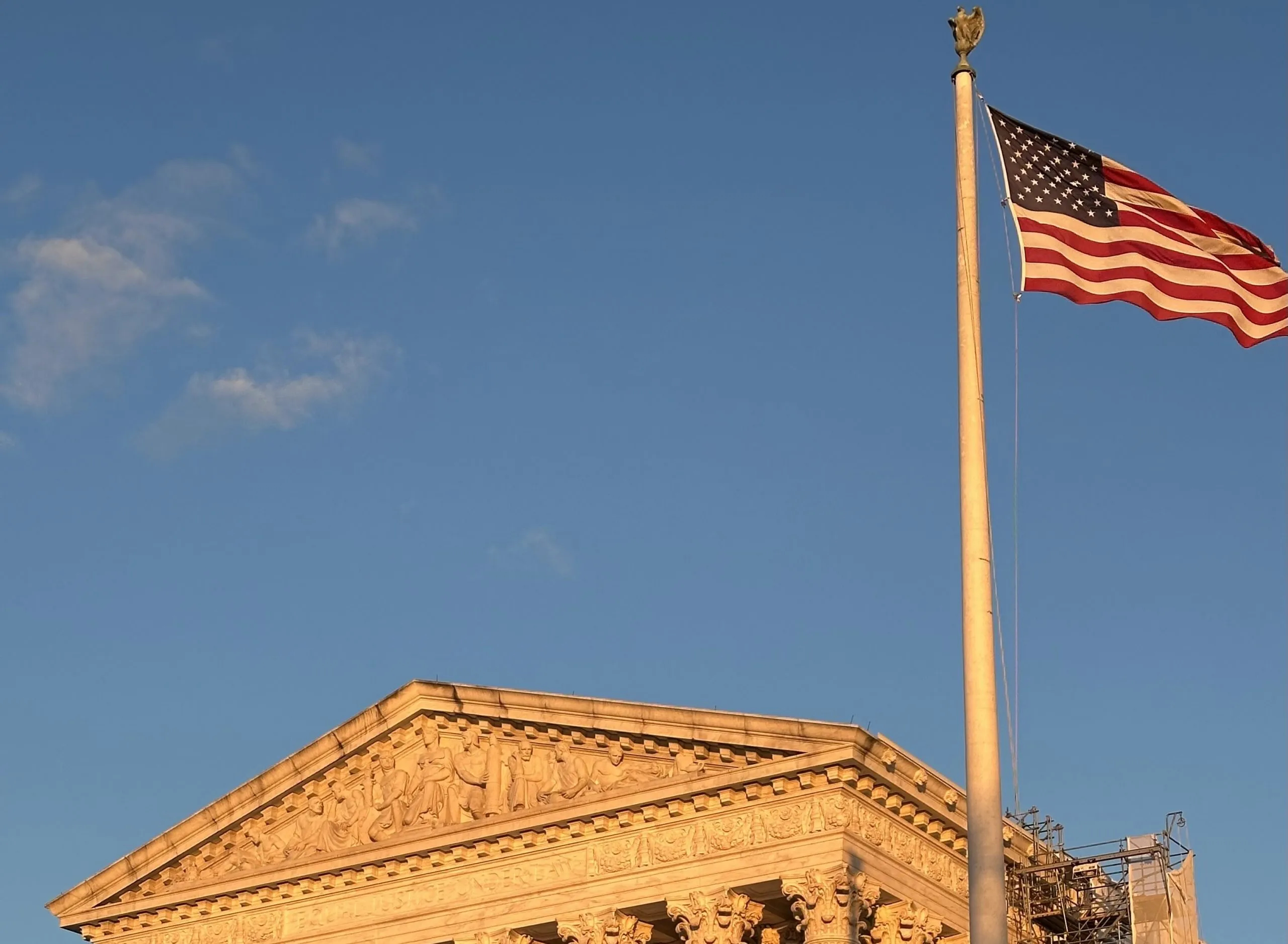Question Navigation
Sponsored Content
Q&A with Pacific Legal Foundation Senior Attorney Anastasia Boden

Image Credit - Katie Barlow
Supreme Court dissenting opinions aren’t just impactful—there’s an art to them, argues Anastasia Boden, a senior attorney at Pacific Legal Foundation and author of the “In Dissent” column at SCOTUSblog. In this interview, Boden outlines a few of her favorites—including standouts from Justice Clarence Thomas, Justice Elena Kagan, and the late Justice Antonin Scalia—celebrating how dissents allow justices to be more expressive while often paving the way for future majority opinions.

Anastasia Boden
Senior Attorney, Pacific Legal Foundation
Anastasia Boden is a Senior Attorney at the Pacific Legal Foundation, where she brings civil rights lawsuits that advance the Constitution’s promises of equality and economic opportunity. She also writes the biweekly newsletter, SCOTUS Scoop.
Question 1
Your column “In Dissent” is unique in the world of legal writing, taking a deep dive into dissenting opinions. Your piece on Baker v. Carr is the one that first caught attention, but then you did Minersville School District v. Gobitis next. These are so fun—but here’s the question: What is your favorite dissent?
Anastasia Boden
That’s like choosing your favorite Beatles song. It’s difficult because dissents serve so many purposes. Some of them are just a real joy to read since the justices can let their hair down and be themselves, and other ones serve a real meaningful purpose in constitutional law—inviting future lawsuits, paving the way for future majority opinions. That’s really hard, but I think I’m going to go with Justice Thomas in Grutter v. Bollinger.
[Minersville School District v.] Gobitis is probably the Supreme Court’s quickest U-turn in history. That future majority opinion is so beautiful, but the dissent itself is not that beautiful. It’s good, but it doesn’t have those quippy dissent quotes.
Question 2
Can you give us a few highlights? What sets the Grutter dissent apart for you?
Anastasia Boden
This is the case where the majority approved of racial preferences at the University of Michigan Law School for the purposes of the so-called educational benefits that flow from a diverse student body. And Justice Thomas starts with a quote from Frederick Douglass. He’s right there connecting the Reconstruction era and the purpose of the 14th Amendment to the modern day controversy, saying that racism is racism no matter how you dress it up. Discrimination is discrimination even if you want to call it benign in this day and age.
Justice Thomas uses this wonderful Douglass quote, saying effectively, “Leave us alone. You think you’re helping us. You want to help us. No, we know what that means. Government, get out of the way. Leave us alone. That’s the best way that you can help us.”
And then he adds: “Like Douglass, I believe that blacks can achieve in every avenue of American life without the meddling of university administrators. Because I wish to see all students succeed, whatever their color, I share in some respect the sympathies of those who sponsor the type of discrimination advanced by the University of Michigan Law School.” And then he goes on to say, but effectively the Constitution doesn’t allow it.
Just the word choice there—he’s being so deliberate. He’s leaning on Douglass. He’s saying, “I wish to see all students succeed whatever their color.” And then he says, “but this type of discrimination”—he’s labeling it discrimination. He’s not saying this is racial preferences or affirmative action, sort of softer words for what this is. He says this type of discrimination is unconstitutional. Right from the start, just these beautiful turns of phrase that I think are powerful.
Question 3
What are your runners up?
Anastasia Boden
Morrison v. Olson is a close second. It feels very basic constitutional law nerd at this point, but that’s a wonderful one. The great thing about that one is we get probably one of the most famous phrases in constitutional law, which is “this wolf comes as a wolf.” Sometimes wolves come in sheep’s clothing, but this wolf comes as a wolf.
But if that phrase wasn’t in there, there’s so many other phrases that would have been famous in their own right and aren’t famous because they’re overshadowed. At one point, Scalia—this is Justice Scalia’s dissent, his lone dissent, even though it’s only his second year on the bench—where the majority is trying to say that limiting a president’s removal power isn’t that bad, he still has a lot of power to remove these officials. Justice Scalia says something to the effect of, “that’s like referring to shackles as an effective means of locomotion.” Such a great phrase, but of course it gets lost to “this wolf comes as a wolf.”
I also really love Justice Kagan’s dissent in the Andy Warhol case, which highlights one of the great things about dissents. It makes you feel heard and it does pave the path for possible future majority opinions. And all the pictures of the Prince art and Warhol art—so wonderful.
And then my last runner-up would be—I interviewed Chris Scalia once and he said this was his favorite of his father’s dissents—but it’s the PGA case having to do with whether walking is an essential part of golf. I think I might do it for my next “In Dissent” column because I just find it so wonderful.
This interview was conducted on Sept. 17, 2025, and has been edited for length and clarity.
